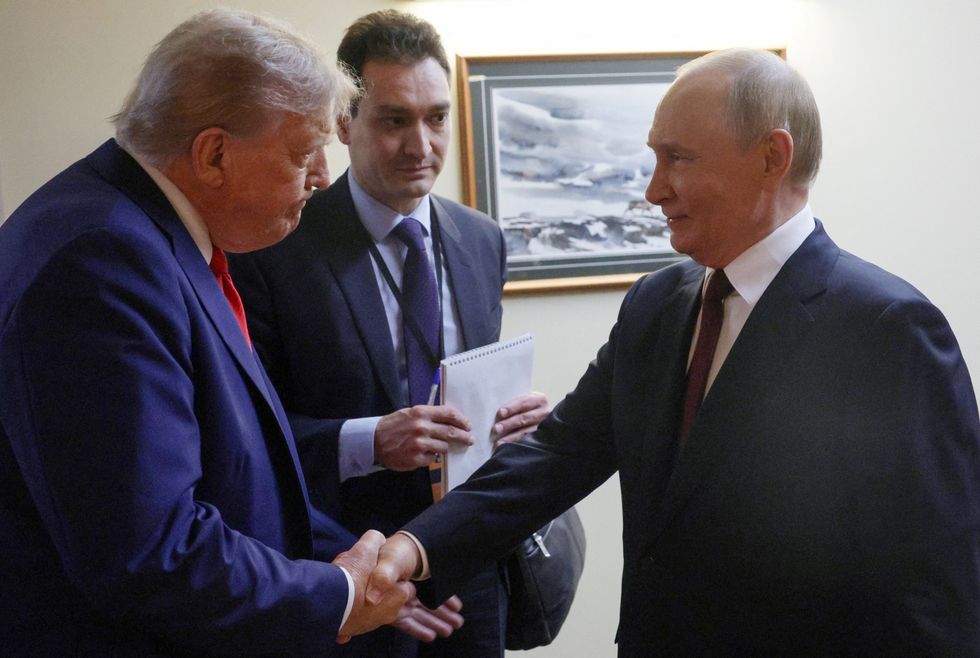
BREAKING: A former U.S. ambassador to Russia has launched a scathing critique of President Donald Trump‘s latest peace proposal regarding the ongoing war in Ukraine. Michael McFaul, who served as ambassador from 2012 to 2014, argues that the plan, which reportedly pressures Ukraine to concede significant territory to Russia, “reveals American weakness” and undermines U.S. interests.
In an op-ed published in The Kyiv Independent earlier today, McFaul condemned the proposed 28-point plan, stating it would prevent Ukraine from joining NATO and require the country to relinquish its long-range missiles, along with land currently occupied by Russian forces. Experts have criticized the plan for heavily aligning with Russian negotiating demands.
“This Putin plan does not serve American national interests,” McFaul wrote emphatically. “The sooner Trump and his team amend it or abandon it, the better it will be for U.S. security and prosperity.” His remarks come amid rising tensions and calls for a stronger stance against Russian aggression.
McFaul further highlighted several “egregious” provisions within the plan, particularly one that would impose restrictions on the size of Ukraine’s military going forward. He asserted, “The United States needs a strong Ukraine to help contain Putin’s Russia. Many of these provisions do the exact opposite; they weaken Ukraine.”
The op-ed raises urgent questions about the implications of Trump’s plan for U.S. foreign policy and its potential impact on global security. McFaul’s statements come in the wake of Trump’s controversial engagement with Putin, including a highly publicized meeting in August 2023, which many analysts believe yielded no significant concessions from the Russian leader.
As discussions around the peace plan gain momentum, the international community is closely monitoring developments. The urgency of this situation cannot be overstated, as the outcomes of these negotiations could have far-reaching consequences for both Ukraine and U.S. interests worldwide.
For those interested in the full context of McFaul’s criticism, read the complete op-ed by clicking here. Stay tuned for further updates as this story develops.






